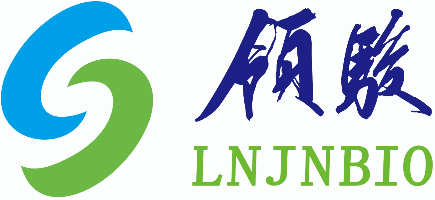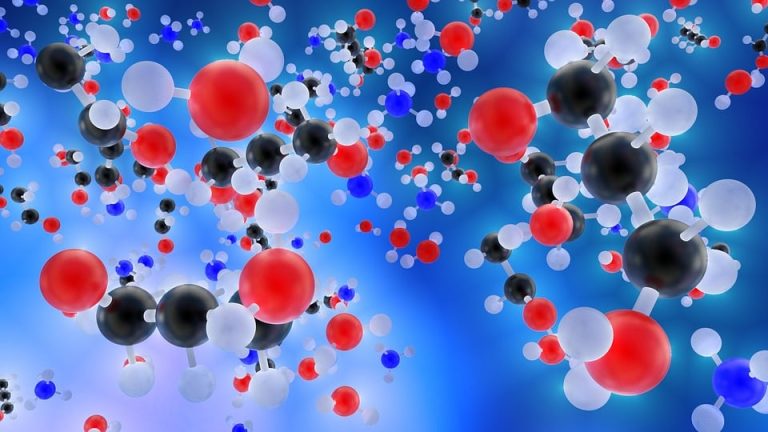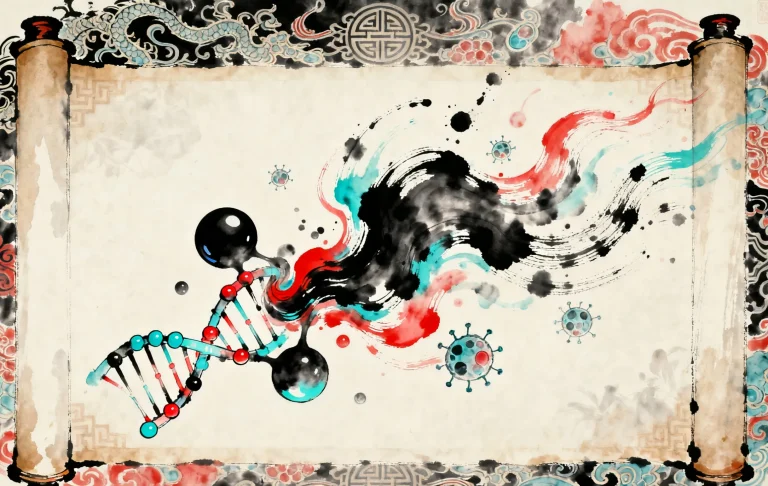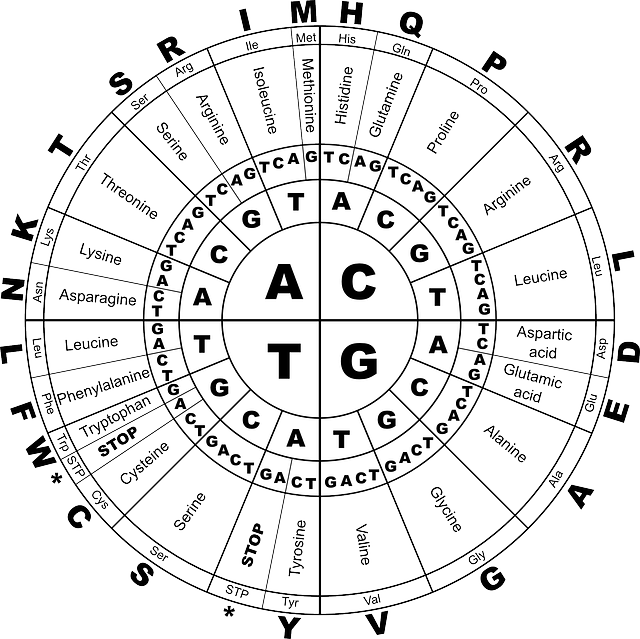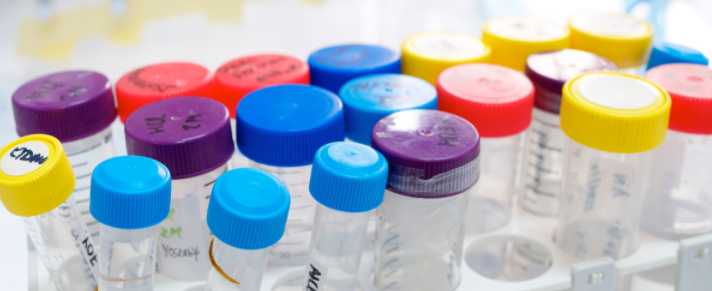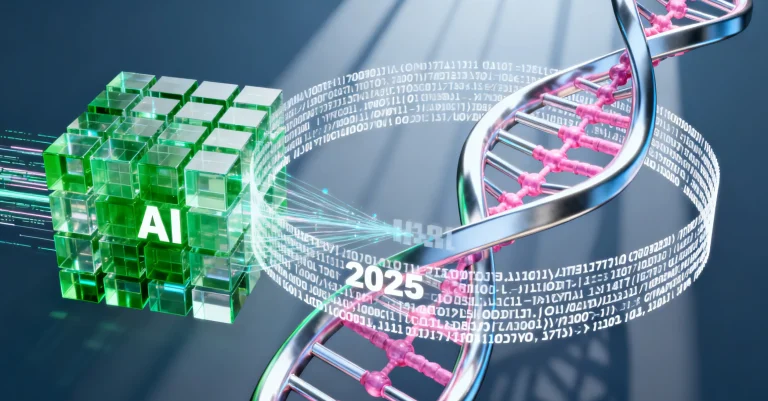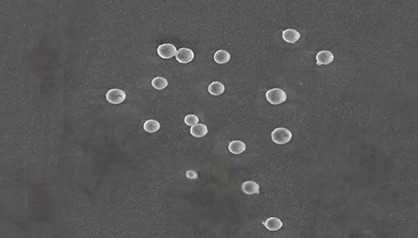Professional Manufacturer of Biomagnetic Beads

Digital PCR Technology:Principles, Operations, and Applications
1. Experimental Principle of Digital PCR
Digital PCR (dPCR) is an advanced nucleic acid molecule absolute quantification technique. Its core lies in dispersing the sample into a large number of independent micro-reaction units for PCR amplification. Each micro-reaction unit may contain one or zero target molecules. After PCR amplification, fluorescence signals are detected in each unit. Ultimately, the absolute number of target molecules is calculated based on the Poisson distribution principle. Compared to traditional real-time fluorescent quantitative PCR (qPCR), digital PCR does not rely on the standard curve and can directly perform absolute quantification.
2. Operational Steps of Digital PCR
Sample Preparation: First, nucleic acids such as genomic DNA (gDNA) or mRNA are extracted from target tissues or samples, and mRNA is converted into cDNA.
Reaction System Preparation: Mix the extracted nucleic acids with the master mix, target-specific primers, and probes. For droplet digital PCR (ddPCR), droplet generation oil is also required.
Droplet Generation: The prepared reaction mixture is processed through a droplet generator to create thousands of nanoliter-sized droplets. Each droplet may contain one or zero target molecules.
PCR Amplification: The dropletized reaction plate is placed in a PCR instrument for amplification. During amplification, target molecules are amplified, and fluorescence signals gradually appear.
Droplet Detection: After amplification, the reaction plate is placed in a droplet reader to detect the fluorescence signals of each droplet.
Data Analysis: The software automatically analyzes the fluorescence signals of each droplet and calculates the absolute number of target molecules based on the proportion of positive droplets and Poisson distribution.
3. Result Analysis of Digital PCR
In digital PCR experiments, result analysis mainly relies on the detection of fluorescence signals from droplets. The fluorescence signals of each droplet are categorized as positive (target molecules present) or negative (target molecules absent). By counting the number of positive droplets and using the Poisson distribution formula, the absolute copy number of target molecules in the sample can be calculated. Additionally, digital PCR technology is highly sensitive and specific, capable of detecting low-abundance target molecules, and is unaffected by amplification efficiency.
4. Applications of Digital PCR
Digital PCR technology has a wide range of applications in various fields.
Gene Mutation Detection: It can detect low-abundance mutations, suitable for early cancer screening and monitoring.
Copy Number Variation Detection: Used to analyze copy number variations in the genome, such as chromosomal abnormalities.
Virus and Microorganism Detection: It can accurately detect viral loads and microbial numbers, which is suitable for the diagnosis and monitoring of infectious diseases.
Genetically Modified Food Detection: Used to detect the presence of genetically modified components in food.
Single-Cell Research: It can detect gene expression and protein levels from single cells.
Next-Generation Sequencing (NGS) Validation: Used to verify the accuracy and reliability of NGS sequencing results.
In summary, digital PCR technology, with its high sensitivity, accuracy, and absolute quantification advantages, has shown great potential in biomedical research and clinical diagnostics. As technology develops and costs decrease, digital PCR is expected to be widely applied in more fields.
Supplier
Shanghai Lingjun Biotechnology Co., Ltd. was established in 2016 which is a professional manufacturer of biomagnetic materials and nucleic acid extraction reagents.
We have rich experience in nucleic acid extraction and purification, protein purification, cell separation, chemiluminescence, and other technical fields.
Our products are widely used in many fields, such as medical testing, genetic testing, university research, genetic breeding, and so on. We not only provide products but also can undertake OEM, ODM, and other needs. If you have a related need, please feel free to contact us at sales01@lingjunbio.com.
